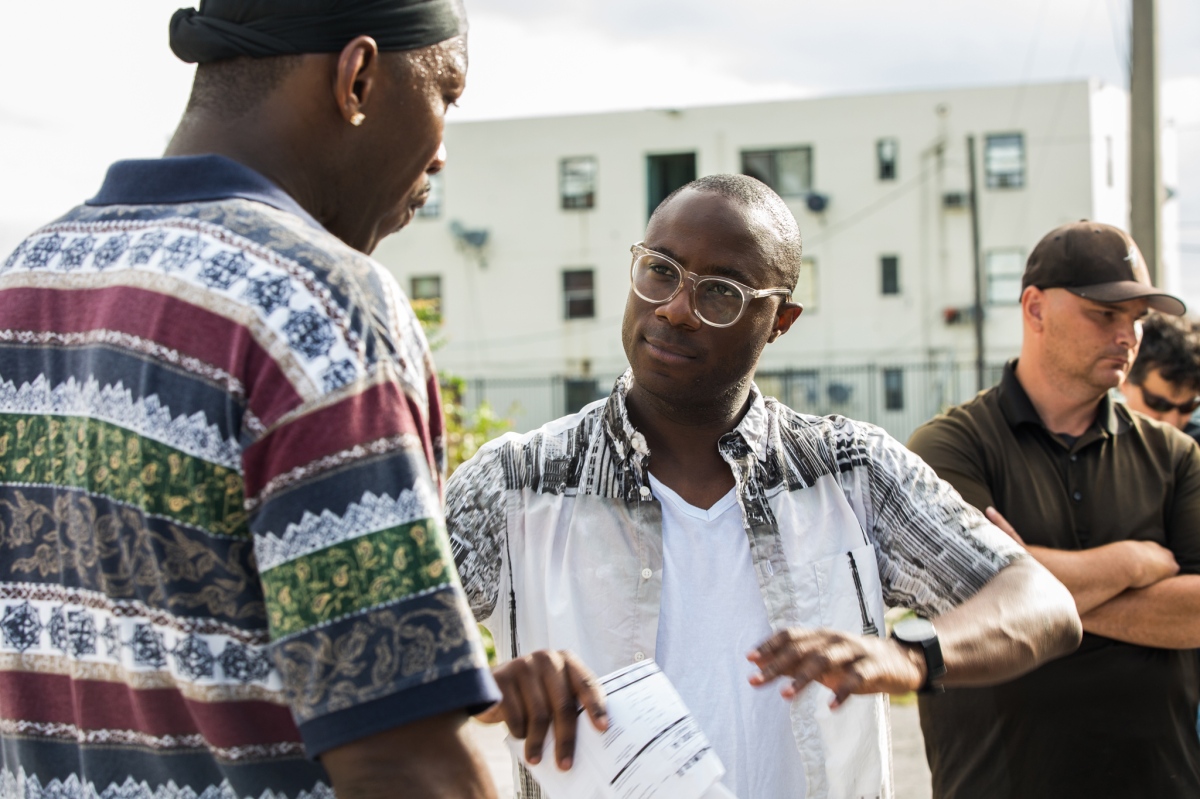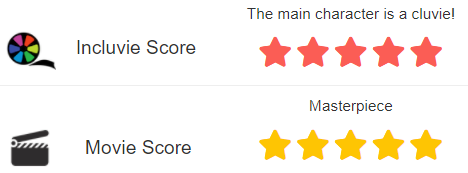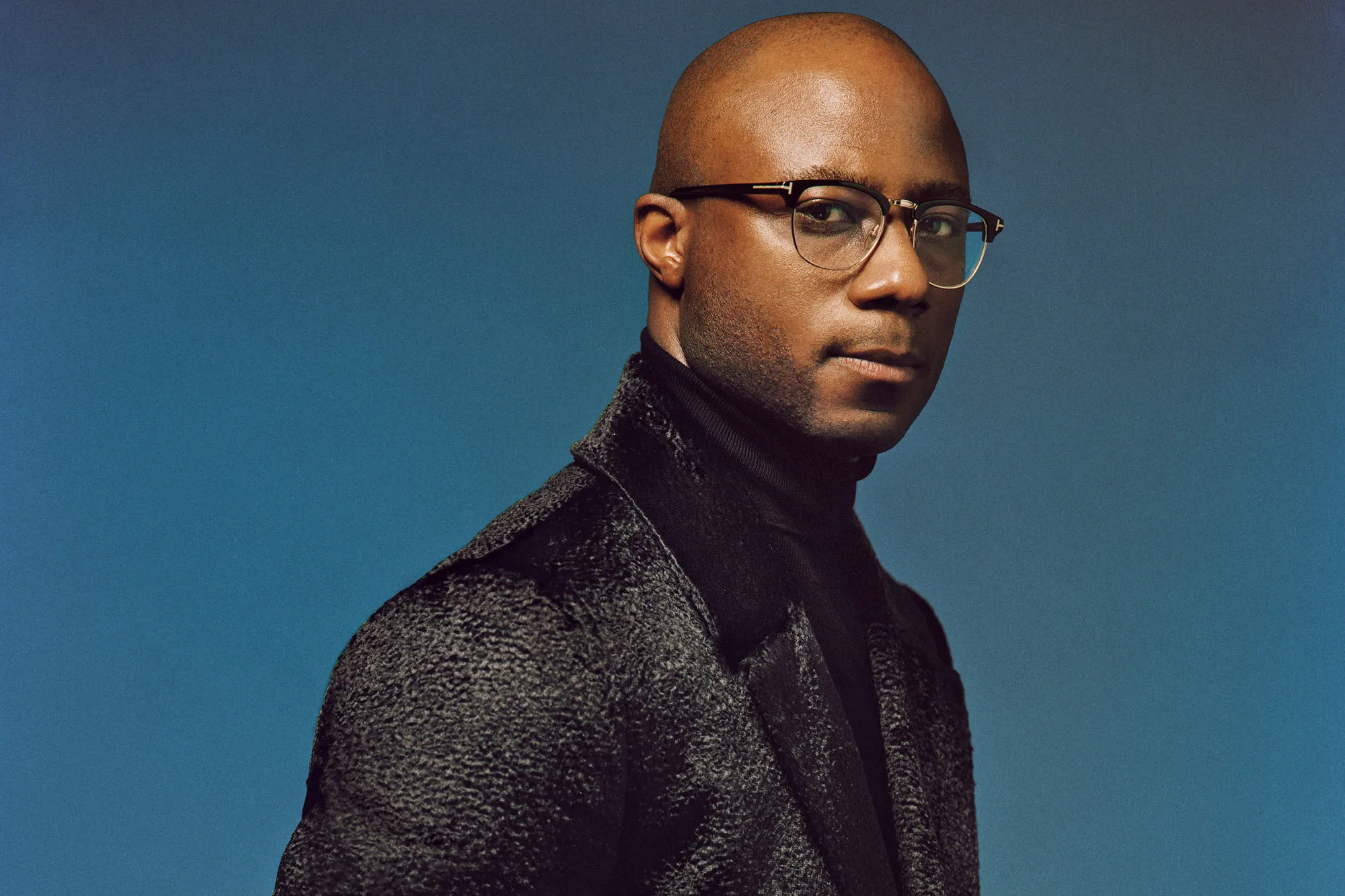In the current age of the film industry, with the oversaturation of superhero shlock, rapacious legacy sequels, and soulless adaptations, it’s all too easy for genuine auteurs and passionate filmmakers striving to bring about their unique vision to get lost in the shuffle. While some do manage to separate themselves from the abundance of mediocrity – directors like Christopher Nolan, Wes Anderson, and arguably the greatest filmmaker of our time, Denis Villeneuve, there are many creators making films just as great, if not more so, than some of these films put out by universally recognized names. I want to bring to the forefront directors who may be well known and respected within the industry but have yet to reach this heightened public awareness that I think they so greatly deserve.
Leaving His Mark
At the time of writing, Barry Jenkins’ filmography consists of just three feature film releases. Medicine for Meloncholy (2008), Moonlight (2016), and If Beale Street Could Talk (2018). The latter two of which are among the best films of the last decade and Moonlight, I argue, being a film in the upper echelon of moving picture history; an untouchably beautiful and immeasurably moving piece of cinema that serves as a staple not just for Black and LGBT storytelling, but American cinema as a whole. Very seldom do directors execute with such grandeur in their films and even more rare is their first feature(s) reaching a height that most other filmmakers are unlikely to ever attain throughout their entire careers. But Jenkins has done just that; with only these three features to his name, he’s managed to outclass the vast majority of his colleagues and in my eyes, has already cemented his status as an industry legend with the likes of a Martin Scorsese, Jean-Luc Godard, or Francis Ford Coppola. And if he never manages to top or even achieve again the quality of film that is Moonlight in his career, nothing can tarnish the legacy he has already established for himself.

But what is it that makes these films so powerful? So poignant? Why does his work stand far and above so many others? It’s simple, really. He cares more than most. He isn’t trying to capitalize on the generational trauma of Black people in America. If Beale Street Could Talk isn’t just another movie about racial injustice and the mistreatment of African Americans by the police. That’s certainly the backdrop but Jenkins doesn’t want to paint them as mere victims but as competent and capable human beings. Moonlight ignores Hollywood tropes entirely and makes a wholly and totally personal story about a young boy’s journey to self-discovery in an environment that actively discourages it – he treats his characters as complex individuals rather than the sum of their trauma.
Moonlight
Moonlight is a beautiful mosaic that takes us on a journey through various stages of Chiron’s (Alex R. Hibbert, Ashton Sanders, and Trevante Rhodes) life, his tribulations as a gay man, and his battle with self-acceptance. And while narratively perhaps it isn’t reinventing the wheel, the tenderness (and overall quality) with which Jenkins treats the subject matter is what sets him apart from other directors. Barry Jenkins isn’t trying to preach, he isn’t just making a queer movie to capitalize on the LGTBQ+ audience by including a token gay character, he crafted a genuine, authentic human experience that paints wonderfully a picture that people can empathize with without necessarily having to relate to it.
At all stages of Chiron’s life, we feel for him, though each stage is drastically different than the last, we know what he is withholding under the surface and just how badly he wants to be able to let his true self come to light. Chiron is shaped and molded by his environment leading him to constantly suppress his identity and homogenize with his surroundings only able to let his guard down around Kevin (Jaden Piner, Jharrel Jerome, Andre Holland), with whom he shared his first sexual awakening as a teen. Kevin too tries to suppress it and they inevitably go their separate ways in adulthood but the two share a moment of tenderness at the end of the film allowing themselves one more final embrace as their true selves. There is a sense of catharsis at this moment even as we know their paths won’t ever conjoin, we’re shown that even after all this time they know just what they mean to one another and how special their relationship will always be.

If Beale Street Could Talk
Two years after Moonlight in 2018, Barry Jenkin’s next film If Beale Street Could Talk hit theaters, and similarly to Moonlight it is a familiar tale but receives much better treatment than most others. The film follows Tish (Kiki Layne) and Alonzo (Stephen James), or “Fonny”, as they traverse their young love and face prejudices leading Fonny to be wrongfully imprisoned for a crime he didn’t commit. This has all the makings of a cookie-cutter victim exploitation film made to try to capitalize on social justice issues but once again, Jenkins treats the characters as more than their suffering and even offers a different perspective. Rather than focusing on the life of Fonny in prison as many films likely would, most of the film is about how this injustice affected both him and Tish’s family, as well as the time Fonny and Tish spent before the arrest. However, we are still shown the conditions under which Fonny is living visually by way of bruises and scars upon his face revealed during conversations he has with Tish in prison. This “show don’t tell” style of storytelling is why filmmakers like Jenkins are able to create such astounding works of cinema, we don’t need to see Fonny in such a compromising position, just his being there in the first place is a manifestation of his victimization, we don’t need to further explore this with scenes of him getting assaulted in prison. It’s a pretty simple technique but it streamlines the narrative and does so without sacrificing depth.

While this is an adaptation of a novel of the same name by James Baldwin, adapting a novel is an art form in and of itself and takes extreme talent to do so respectfully and uniquely. I think Jenkins manages to adapt the novel while maintaining his style, allowing separation of the two works to a degree. Jenkins does of course have the benefit of a visual medium that allows for a little more flexibility when it comes to what needs to be explained. And speaking of visuals, just as the case was for Moonlight, Beale Street is a visually stunning film on every level. Where most films might make prison look filthy and dark, Jenkins chooses to portray it cleaner and even more colorful. A bit bare sure, I mean it’s still a prison after all, but what this manages to do is reinforce visually the hope and optimism both Tish and Fonny share. Throughout their conversations, all they talk about is their future – their lives after his release, their children, their families, and having a warm and inviting color palette allows the viewer to think “They’re going to make this work. They’re going to be okay!” all the way to the final shot of the film with Fonny and Trish having lunch with their child, surrounded by other families doing the same. The film is rarely visually oppressive despite the oppressive subject matter and this is something so few would think to attempt, let alone achieve.


Comments